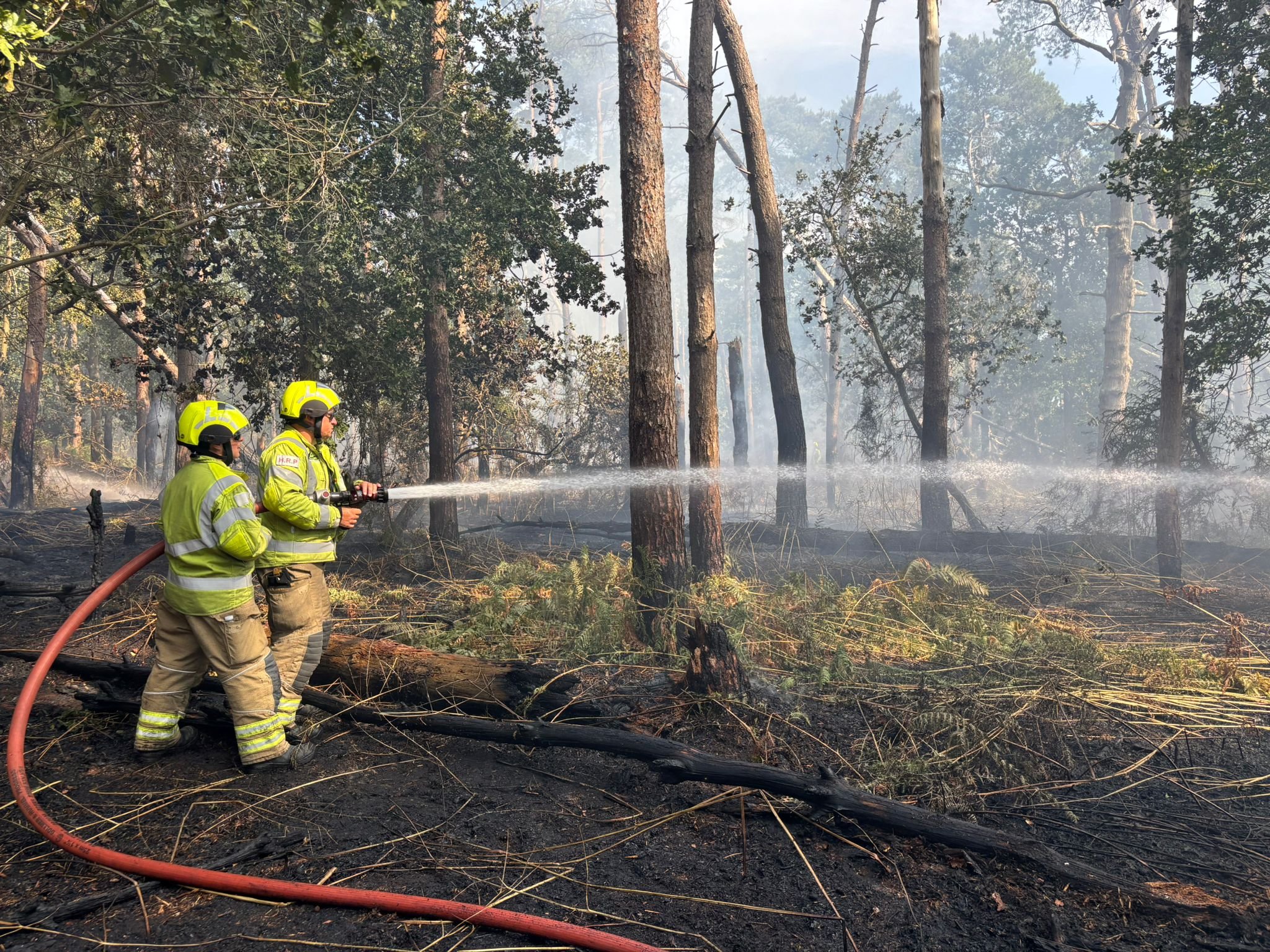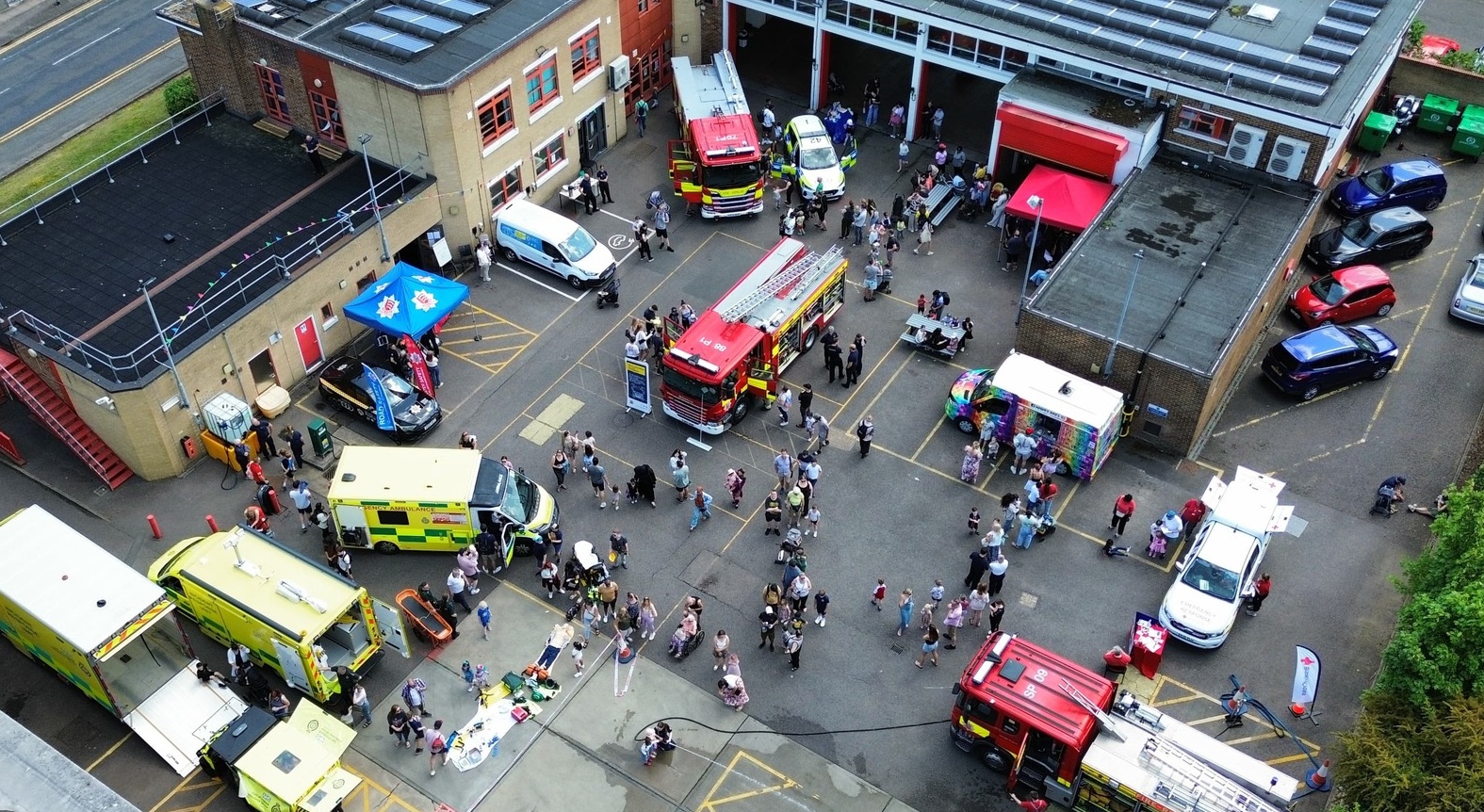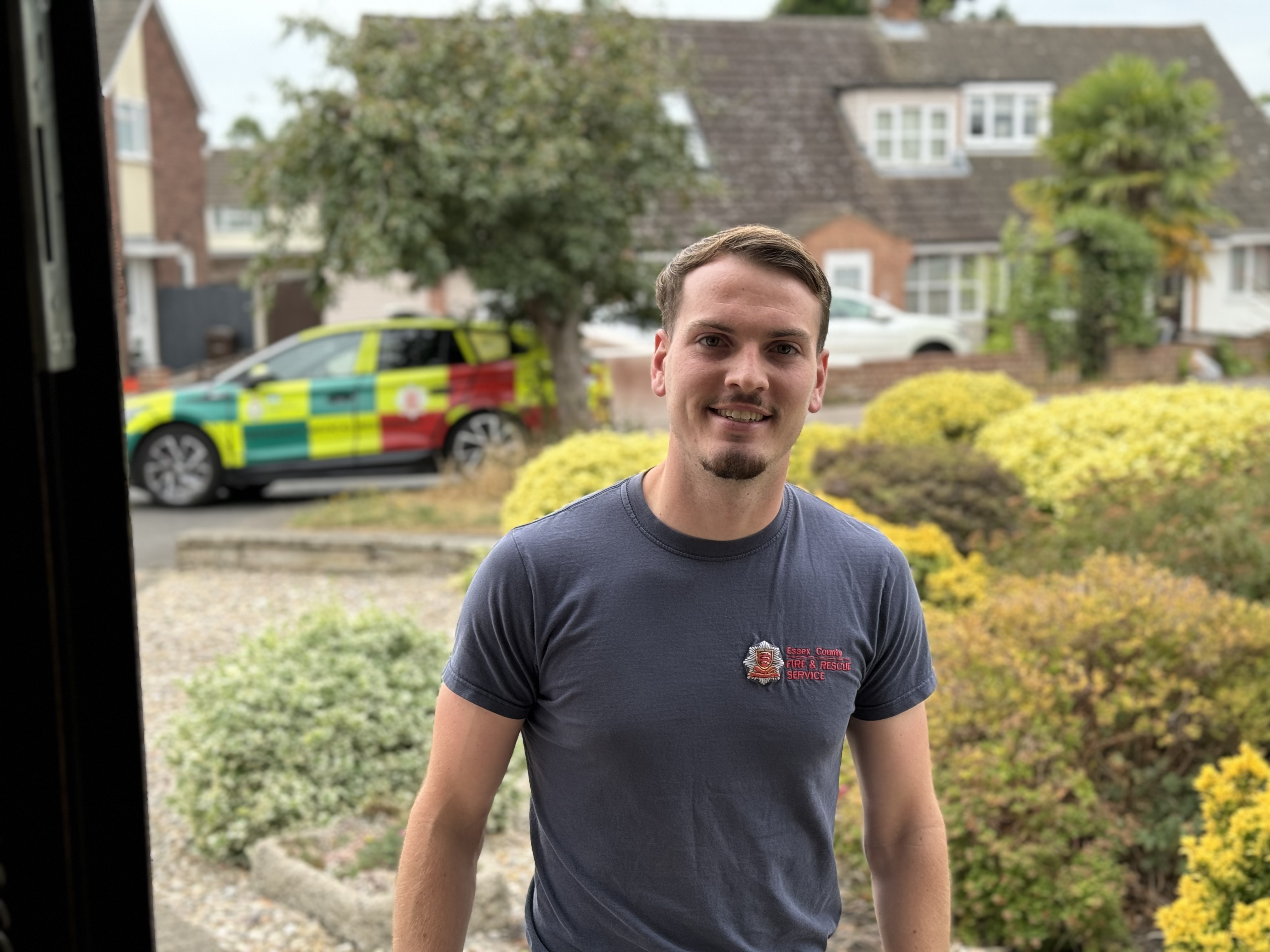Every second counts: The three words that could save lives

Emergencies can happen anywhere – from a quiet village green to the middle of a vast open field – and knowing exactly where you are helps us reach you faster.
That’s why Essex County Fire and Rescue Service is encouraging residents to be ready to share their location in an emergency by using the What3Words app, which pinpoints your exact position with just three unique words.
While crews are ready to respond anywhere, vague or unclear locations can slow them down, particularly in rural areas without street names or landmarks. Even a short delay can make a big difference when someone needs help.
How you can help:
- Download the What3Words app
- Learn how to use it – so you can share your location instantly.
- Encourage family and friends – especially children and teenagers who spend time outdoors.
The free What3Words app divides the world into 3-metre squares, each with a unique three-word code, so emergency teams can locate you precisely, even in the middle of nowhere.
By giving Essex County Fire and Rescue Service Control those three words, crews can be guided straight to you by GPS - whether you’re in the middle of a housing estate or halfway across a field.
The same applies to other emergency services, including ambulance teams, police, and HM Coastguard, who also use What3Words to locate people quickly and accurately in critical situations.
Scott Meekings, Essex County Fire and Rescue Service Group Manager said: “When we’re called to an emergency, we’re already on the move within seconds. The biggest time-saver after that is knowing exactly where you are.”
Earlier this week firefighters tackled a large wildfire near Cressing, Braintree. Using the What3Words location rephrase.loosens.noon, crews were able to find the site, which covered approximately five hectares of stubble, cornfield, and hedgerow.
Scott added: “What3Words is a simple tool that can make a big difference in emergencies – especially when the caller’s exact location isn’t obvious or easy to describe.
"From open countryside to unfamiliar roads, What3Words helps remove the guesswork and saves valuable time when every second counts. It takes a minute to set up - and could save lives."
In towns and cities, our crews usually arrive at emergencies within 10 minutes. Rural incidents can take longer to reach, and in July, average rural response times were 14.06 minutes – very close to the 14-minute target, but still time that could be saved.
Parents and grandparents are also being urged to help younger family members get the app. Teenagers and young adults often spend time in rural or semi-rural areas – places where it’s harder to give clear directions in an emergency.
Scott added: “If your children or grandchildren are out exploring, meeting friends, or travelling home alone, having What3Words gives them a simple way to tell us exactly where they are.
"It’s quick to set up, and it could help us get to them faster if they ever need us.”


